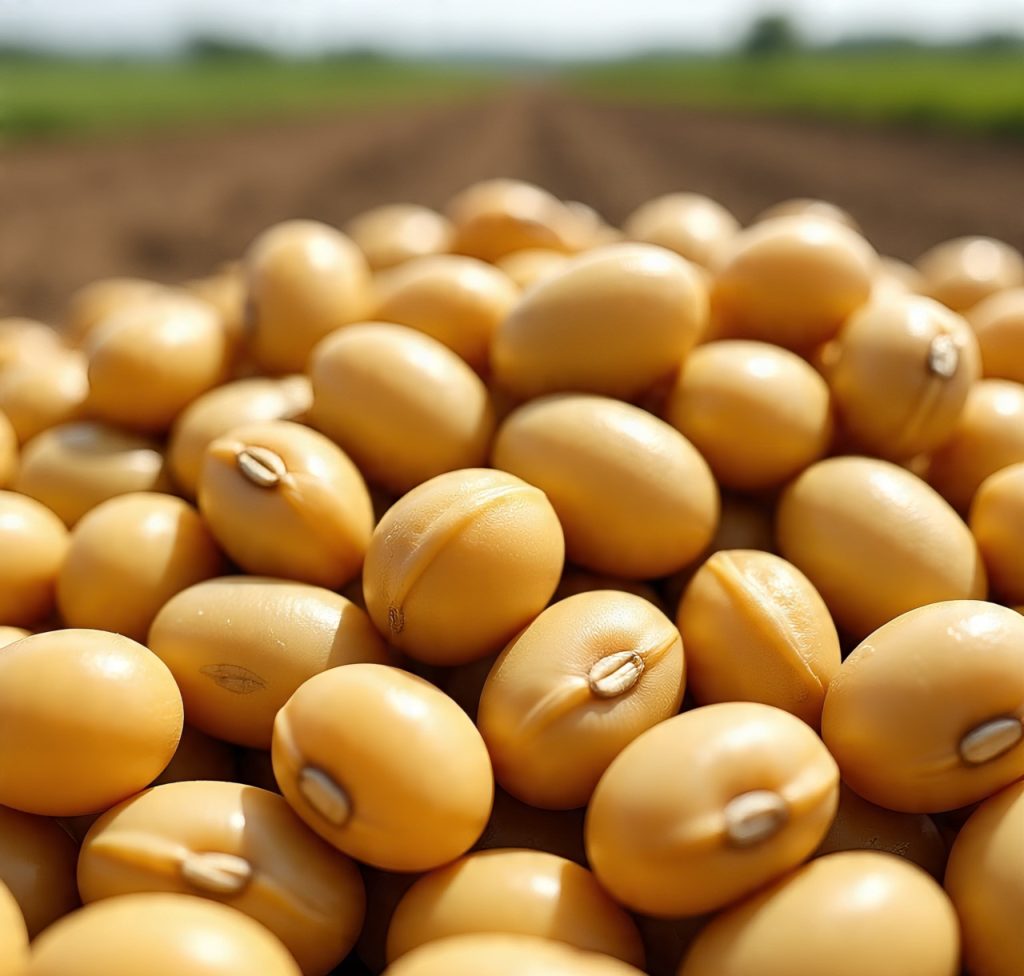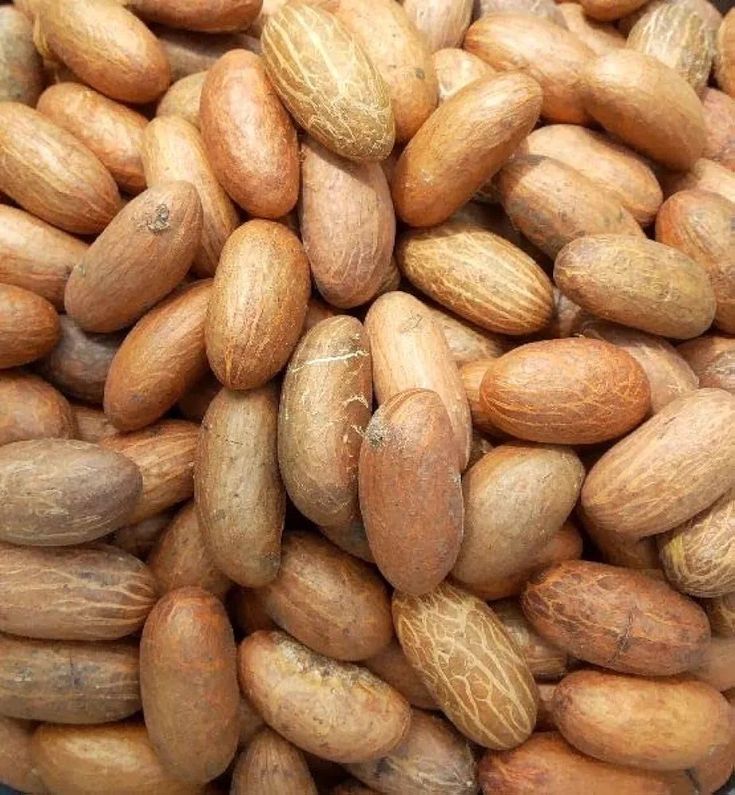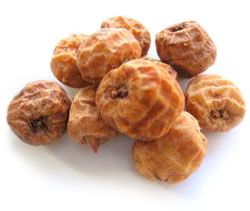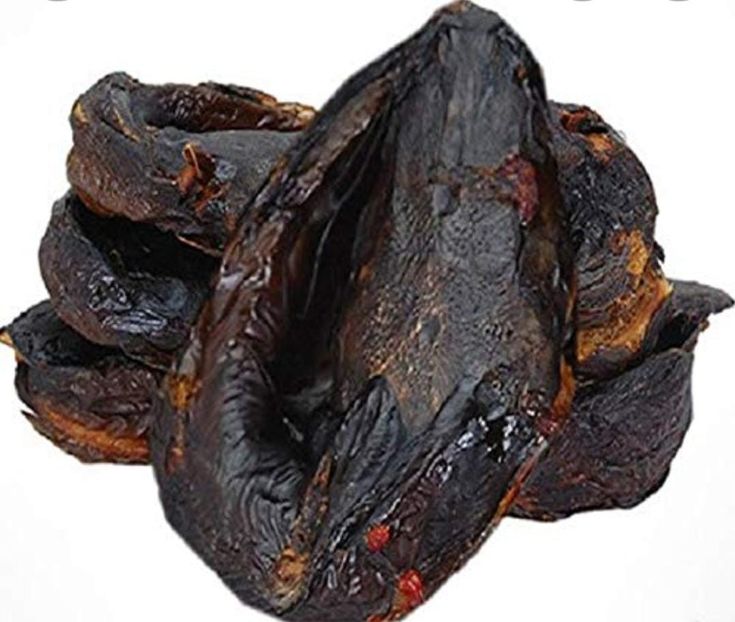What It Is and What Export of It Is
Soya beans, also known as soybeans, are protein-rich legumes used globally in food processing, animal feed, and oil extraction. Nigeria is a major producer of soya beans in Africa, and exports are targeted at markets in Europe, Asia, and North America where demand for plant-based proteins is growing.
Exporting soya beans involves sourcing cleaned, dried, and well-packaged beans that meet international standards, then shipping them in bulk or retail-ready formats based on buyer requirements.

International Market Uses
-
Food Products: Soy milk, tofu, soy flour, soy sauce, and tempeh.
-
Oil Extraction: Soybean oil is widely used in cooking and food processing.
-
Animal Feed: Soybean meal is used in poultry, fish, and livestock feed.
-
Industrial Applications: Biofuels, cosmetics, and lubricants.
Export Specifications
| Specification | Details |
|---|---|
| Product Name | Soya Beans |
| HS Code | 1201.90 |
| Moisture Content | ≤ 12% |
| Foreign Matter | ≤ 2% |
| Split/Broken Beans | ≤ 3% |
| Purity | ≥ 98% |
| Color | Creamy to light yellow (variety-dependent) |
| Admixture | ≤ 1% |
| Size/Grading | Small, Medium, Large (based on buyer specs) |
| Aflatoxin | Compliant with EU/US standards |
| Packaging | 25kg, 50kg PP bags or as per buyer request |
| Shelf Life | 12 months under proper storage |
| Storage Condition | Cool, dry, and well-ventilated warehouse |
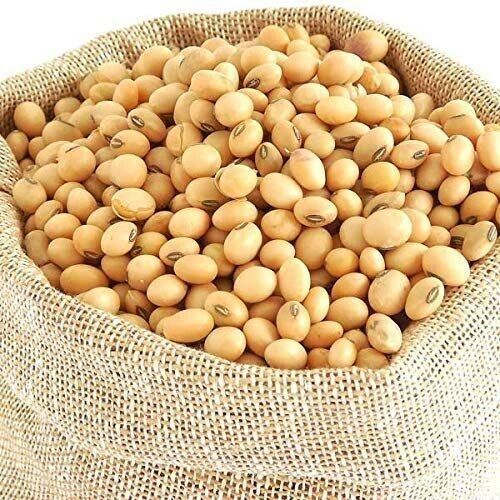
Export Considerations
-
Pre-shipment Inspection: Required (e.g., SGS, Bureau Veritas)
-
Phytosanitary Certificate: Mandatory for most importing countries
-
Cleaning and Sorting: Mechanically cleaned and handpicked to remove impurities
-
Transport: Containerized shipping in dry cargo containers

